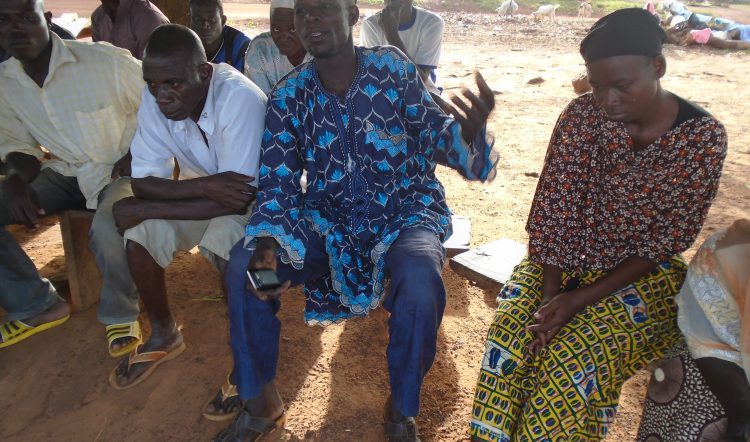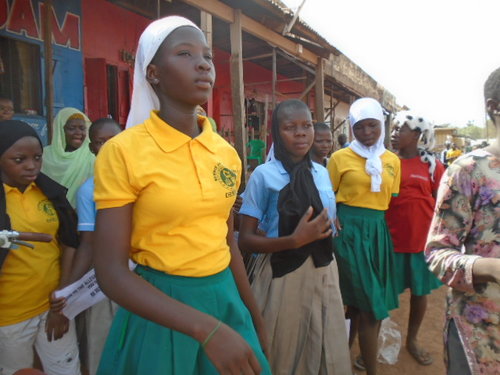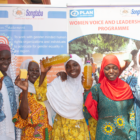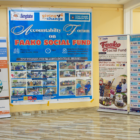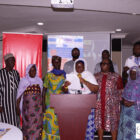No products in the cart.
Promoting Women Mental Health in Ghana
Ghana Somubi Dwumadie (Ghana Participation Programme) is a four-year disability programme in Ghana, with a specific focus on mental health. This programme is funded with UK aid from the UK government. The programme is run by an Options’ led consortium, which also consists of BasicNeeds-Ghana, Kings College London, Sightsavers International and Tropical Health, and focuses on four key areas:
- Promoting stronger policies and systems that respect the rights of people with disabilities, including people with mental health disabilities
- Scaling up high quality and accessible mental health services
- Reducing stigma and discrimination against people with disabilities, including mental health disabilities
- Generating evidence to inform policy and practice on the effectiveness of disability and mental health programmes and interventions
Songtaba as part of the second call for proposal was selected as a large grant partner to implement 33 months initiative to promote policies that incorporate the gender dimension of mental health into public health and address women’s needs and concerns from childhood to old age by mainstreaming gender perspectives. This is expected to particularly deepen the discussion on the basic needs and trauma of women accused of witchcraft go through, which is regarded as a critical mental health issue but unrecognized by Ghanaians, especially, the state.
Over 14 years Songtaba has been working with women living in exclusion at the alleged witches’ camps in Ghana, the project would support providing evidence of trauma and depression as well as other mental health-related issues on women accused of witchcraft go through.
The project is also working to strengthen the implementation of legislation on mental Health in Ghana through facilitating the development of an LI to ensure the effective implementation of the Mental Health Act in Ghana to support the mental health needs of Ghanaian, especially women through an improvement in quality access to mental health services. and securing protection from the state and its chartered bodies for women.

